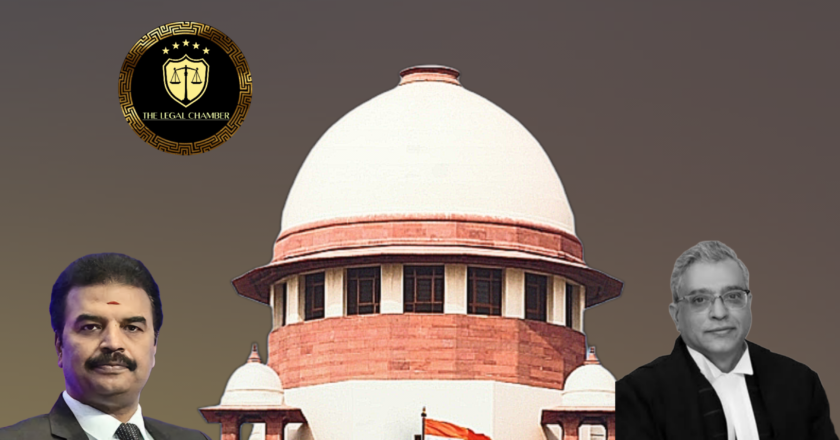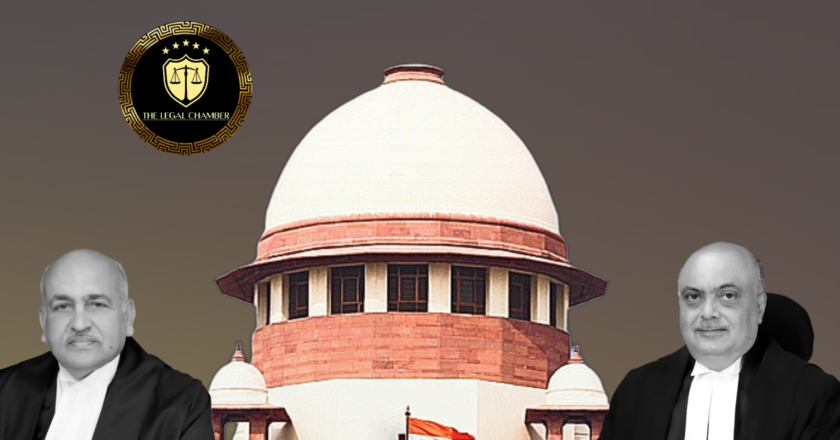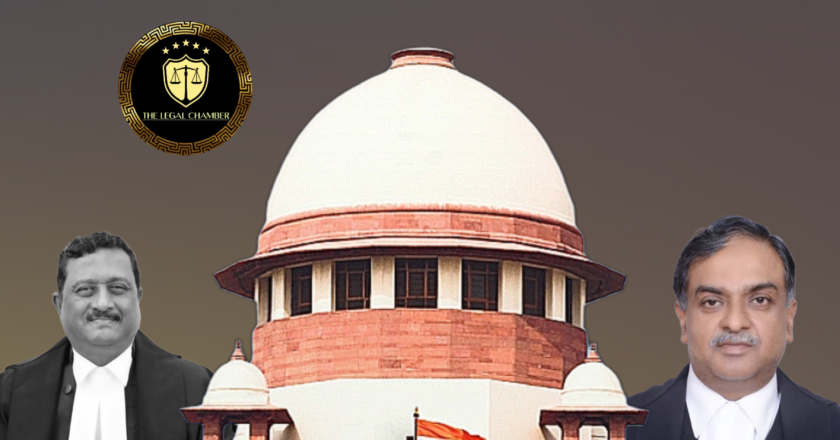Supreme Court Rules: Conspiracy Can Be Proven by Conduct, Not Just Direct Evidence
The Supreme Court upheld the conviction under Section 120B IPC, ruling that criminal conspiracy can be inferred from circumstantial evidence and the accused's conduct. The court affirmed that prior exoneration in a police report does not bar trial courts from summoning an accused under Section 319 CrPC if trial evidence reveals complicity.
Facts Of The Case:
An Assistant Superintendent of Jail accompanied two Head Constables escorting an undertrial prisoner from Ludhiana to a court in Talwandi Sabo. After the hearing, the official persuaded the constables to return in a private Tata Qualis instead of the bus. Unknown to the officers, two unidentified individuals were already seated in the rear. During the journey, the official had the vehicle stopped on a pretext. At that moment, the two...


